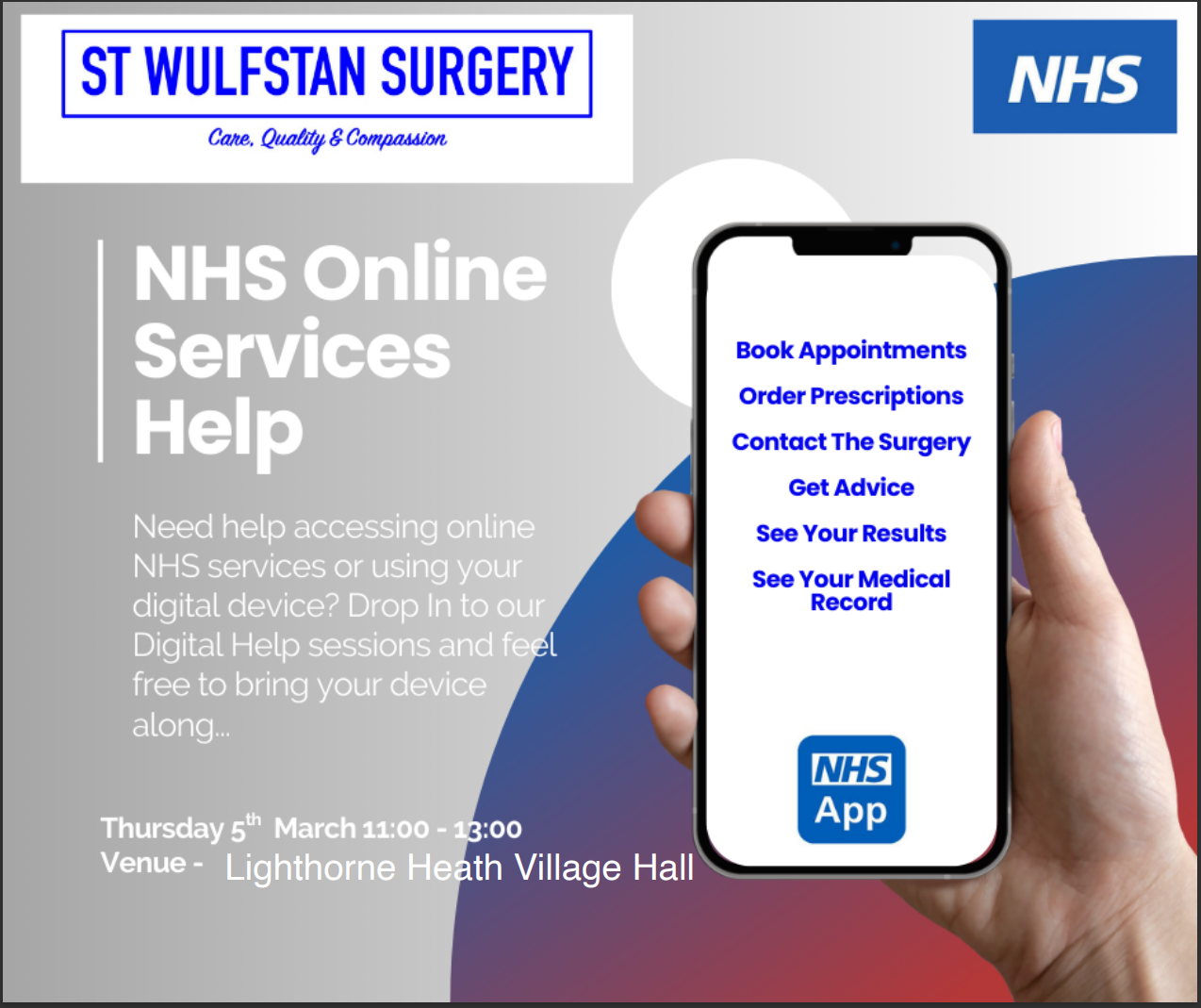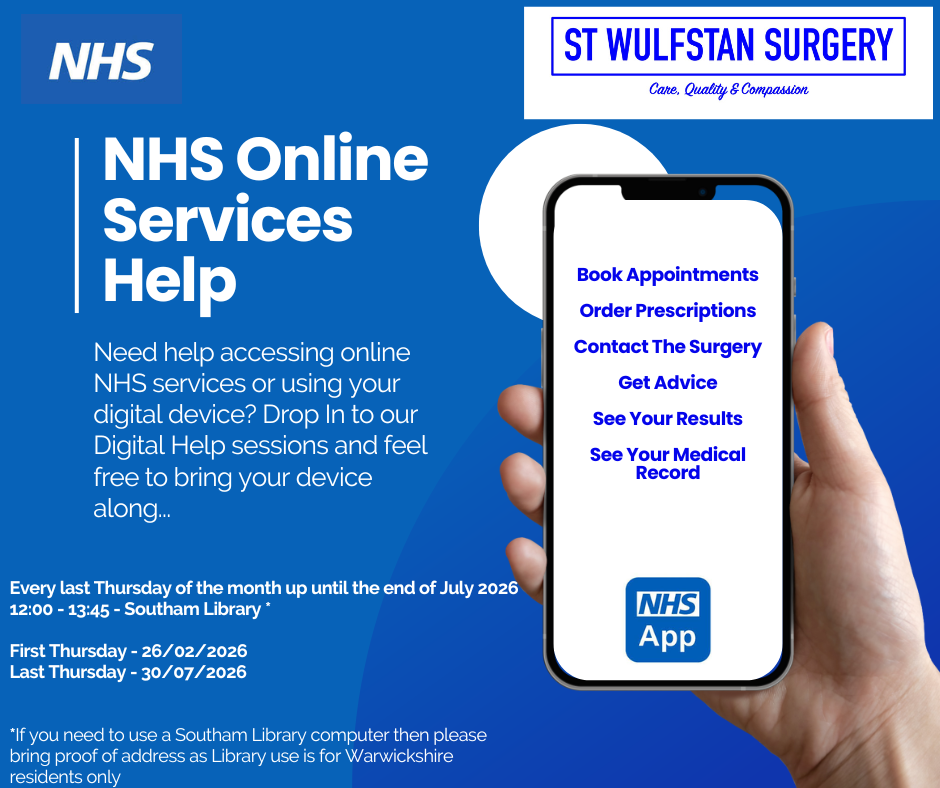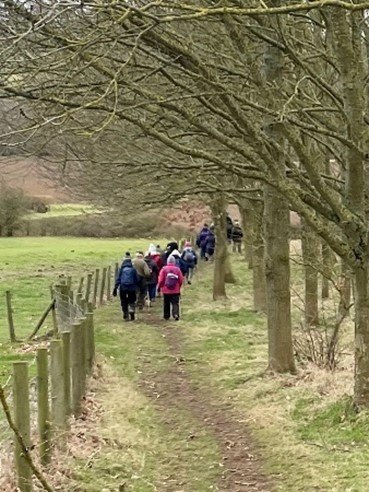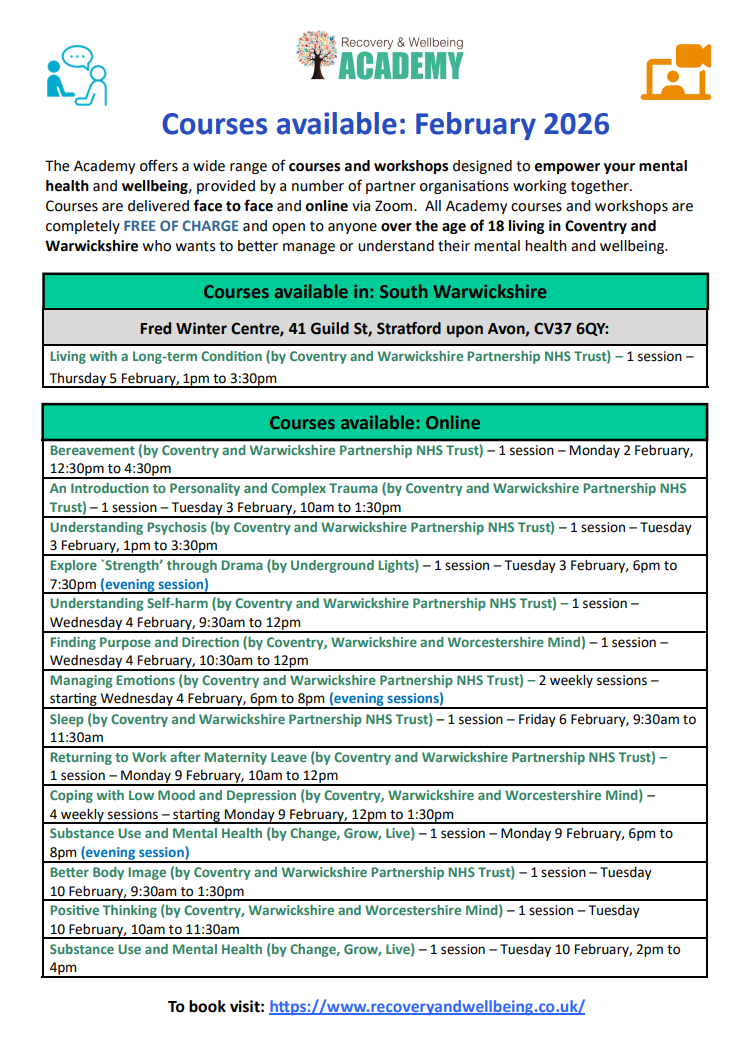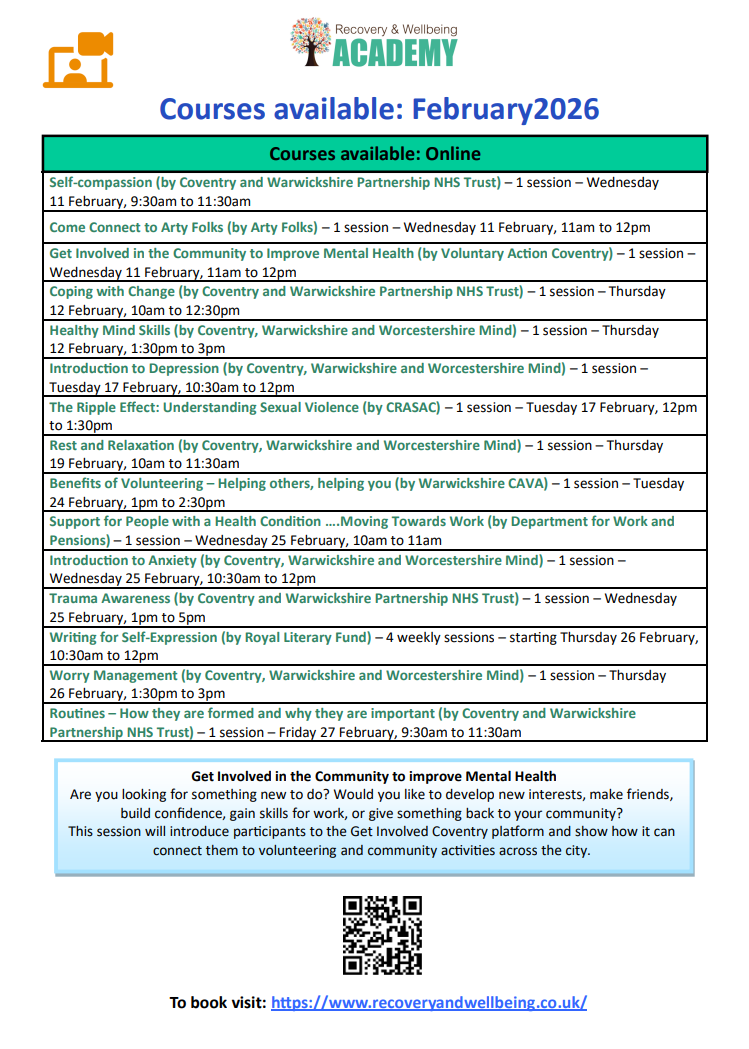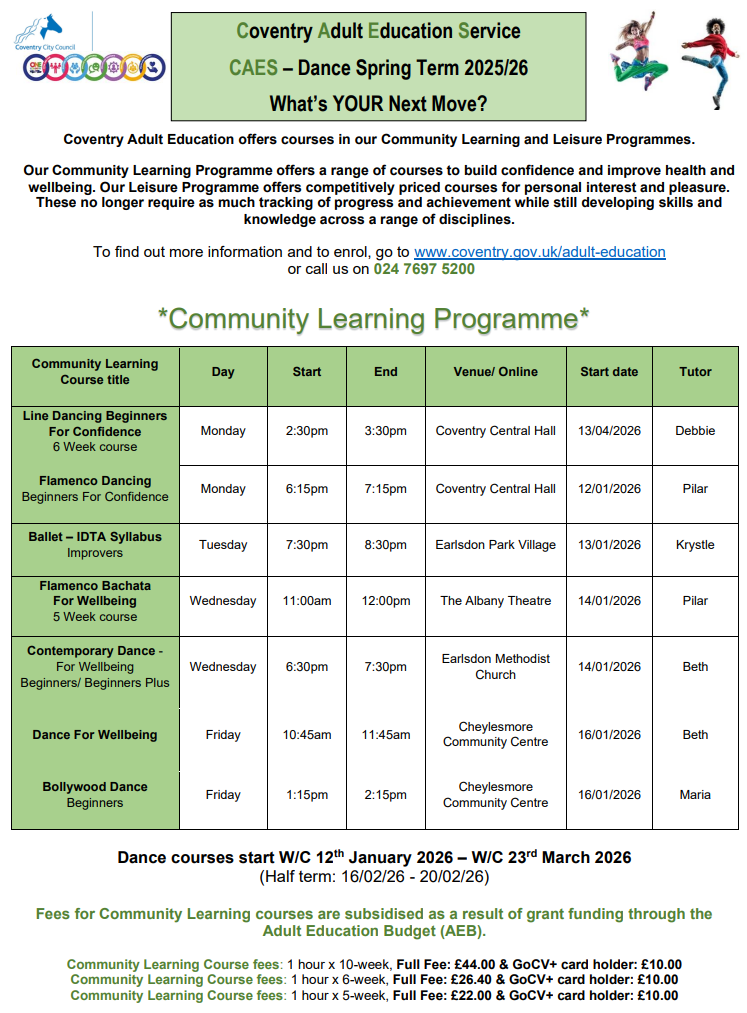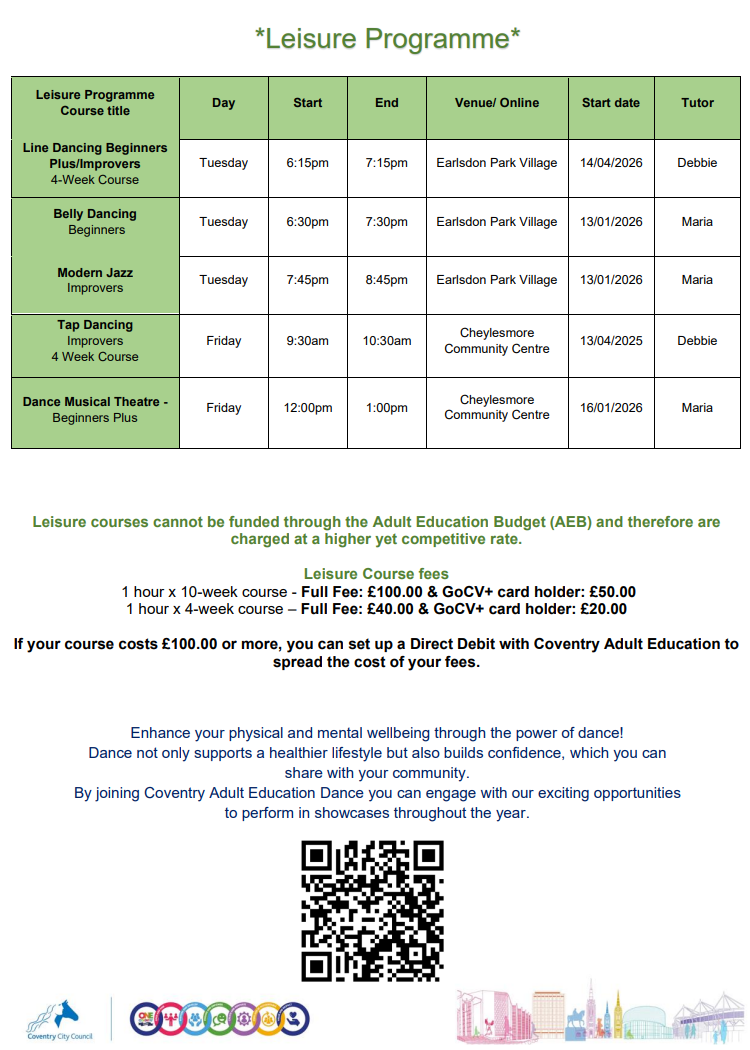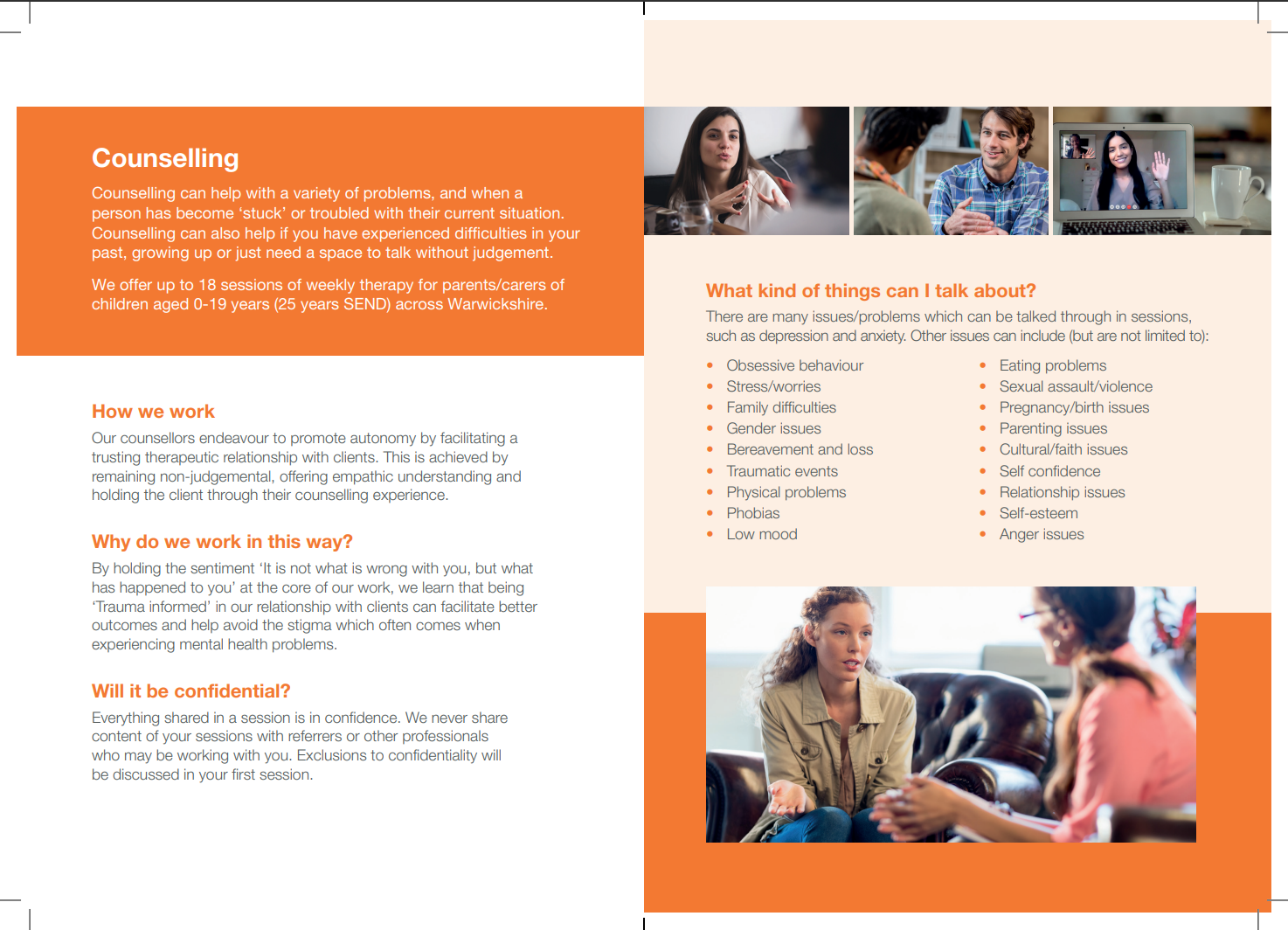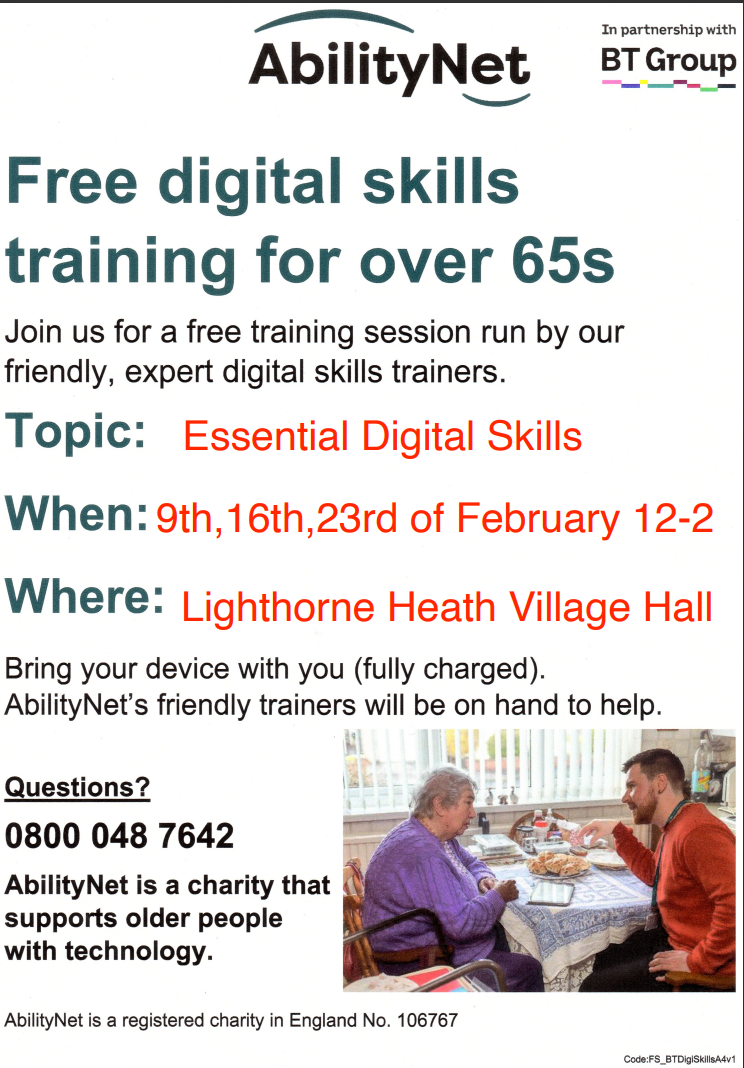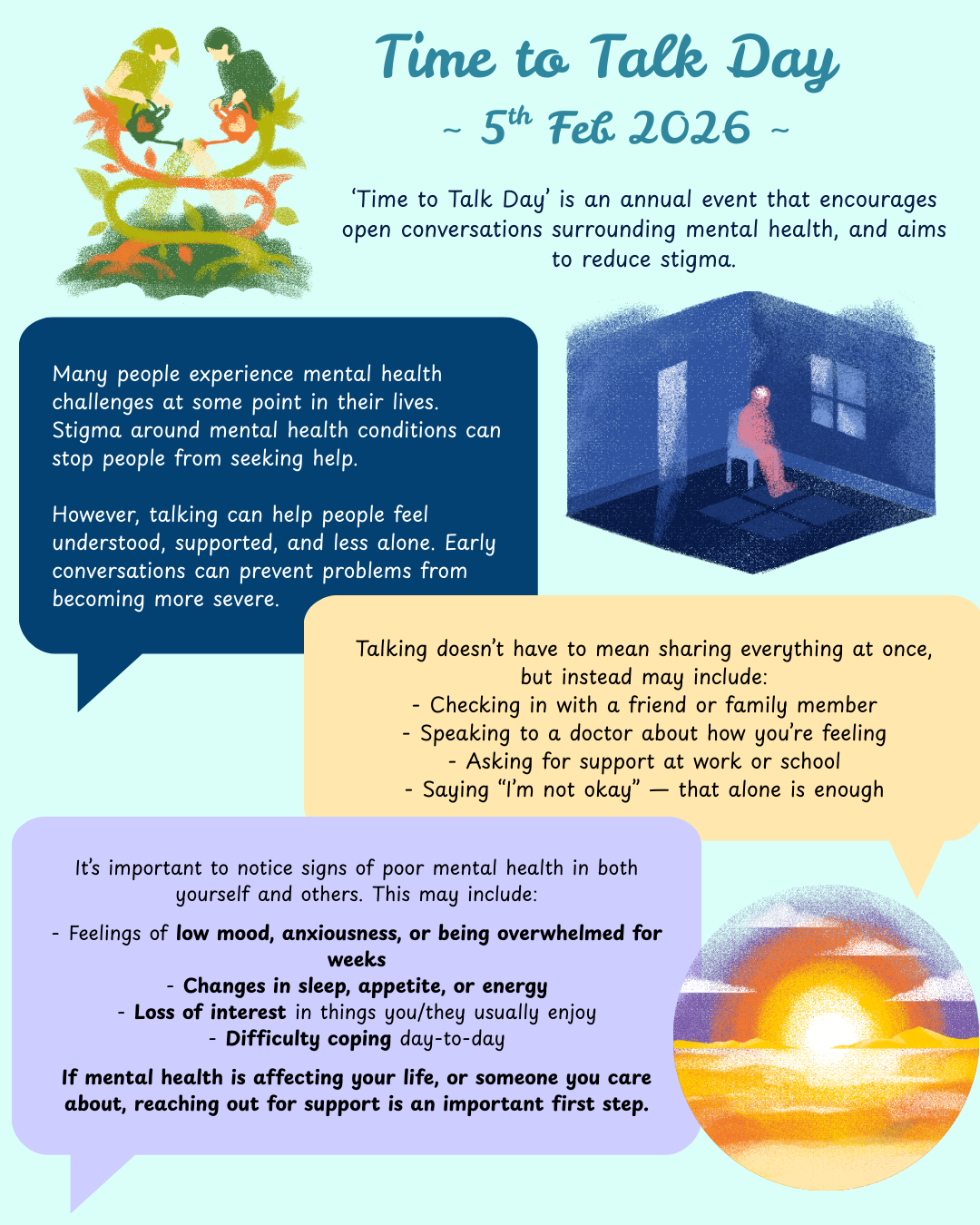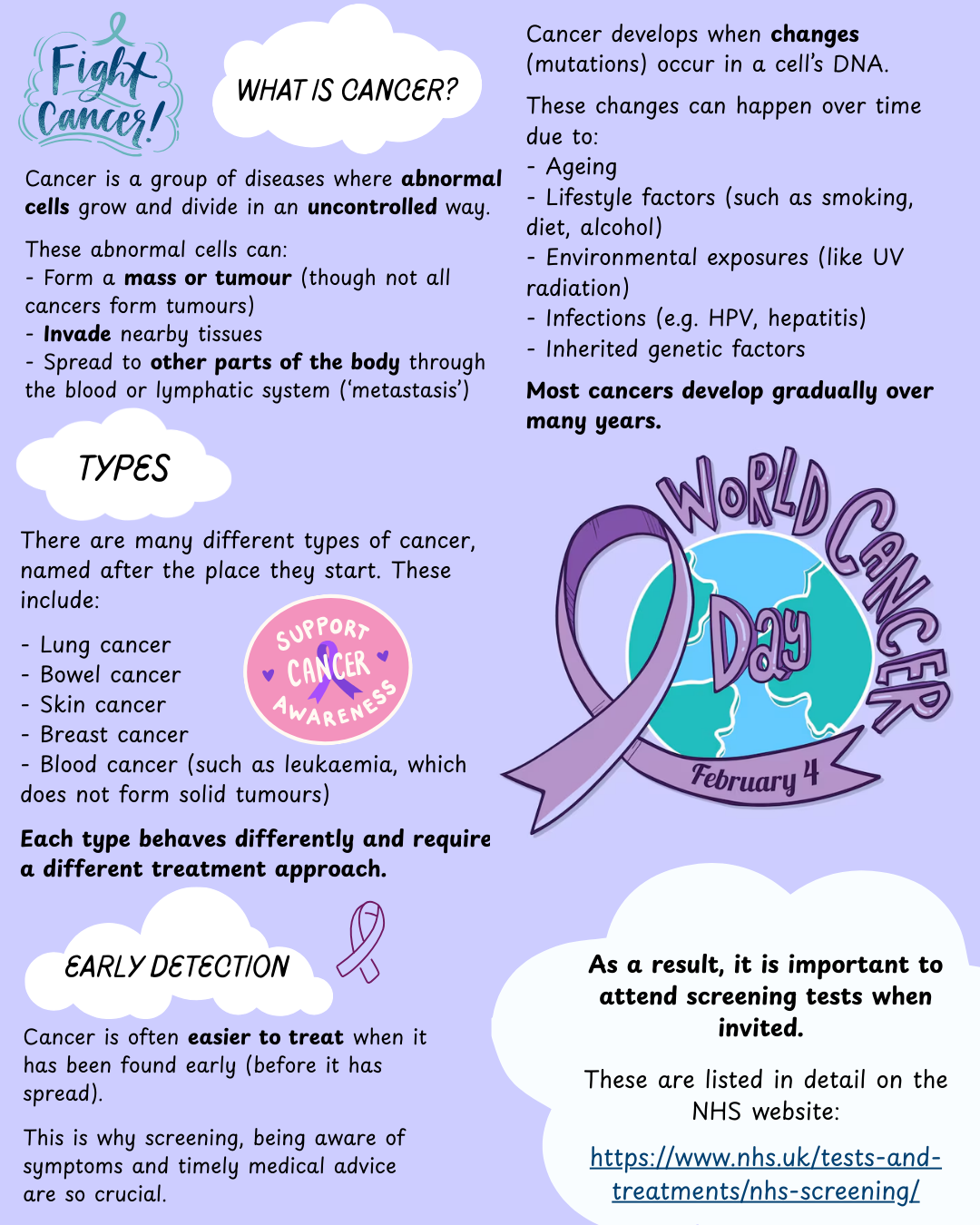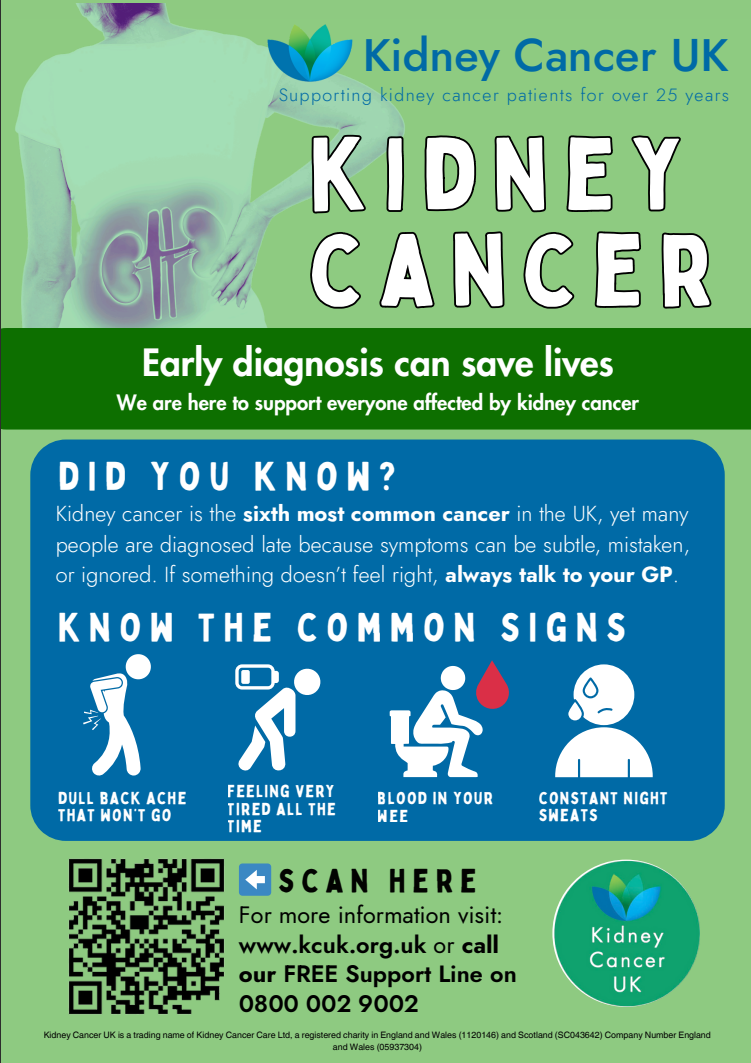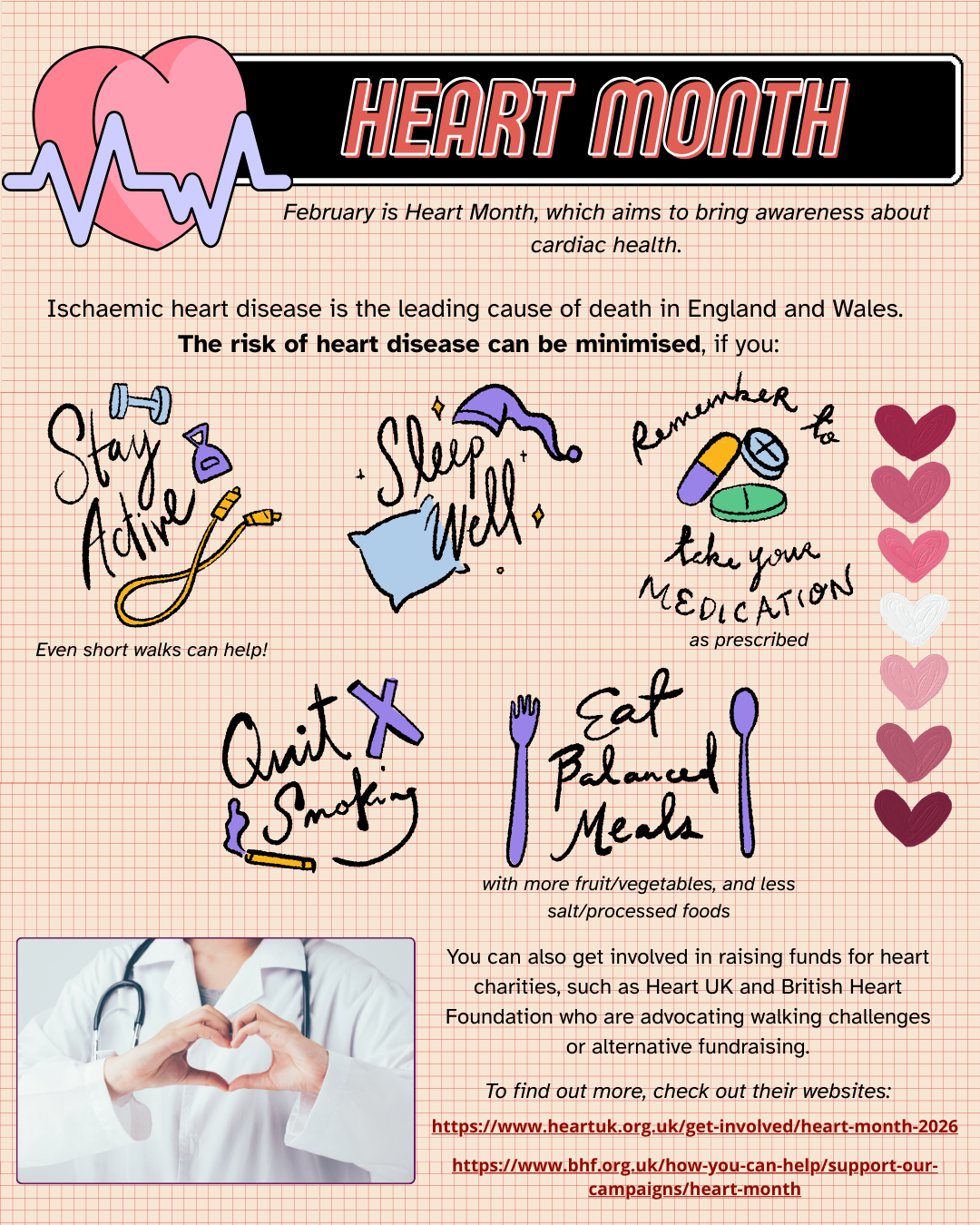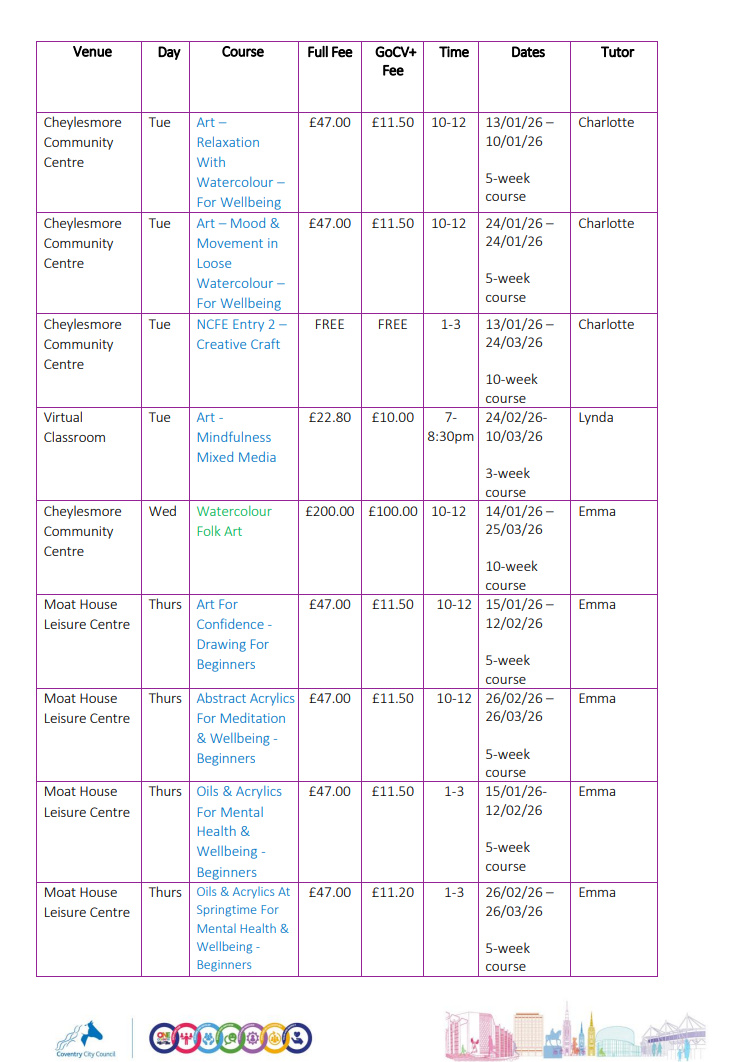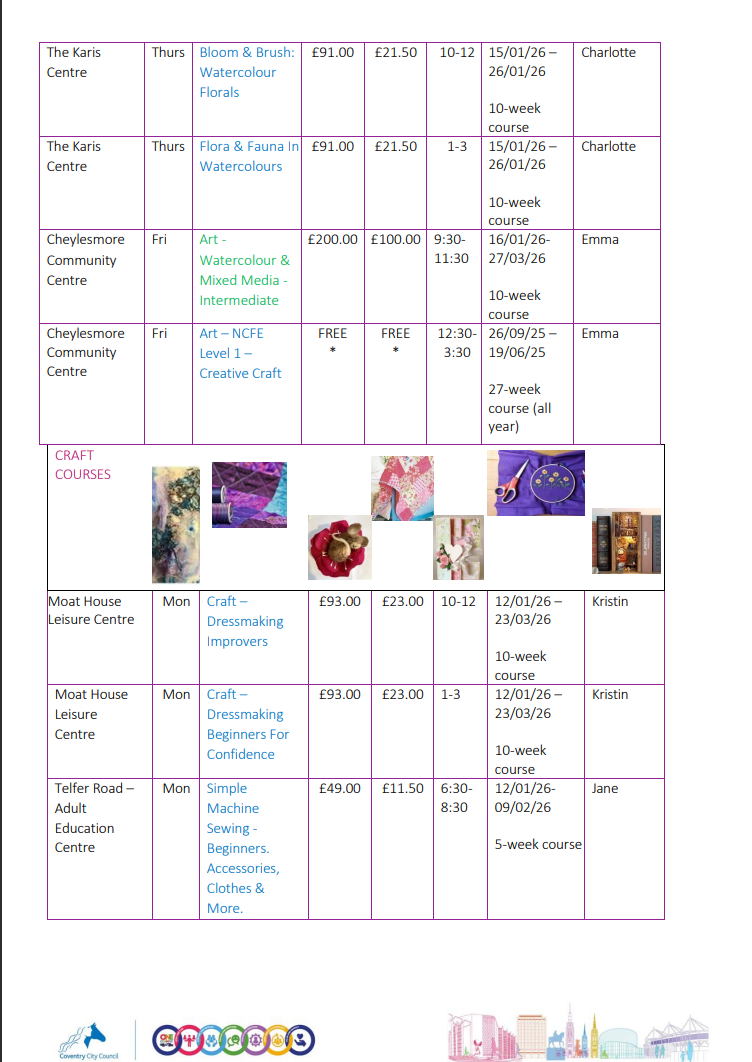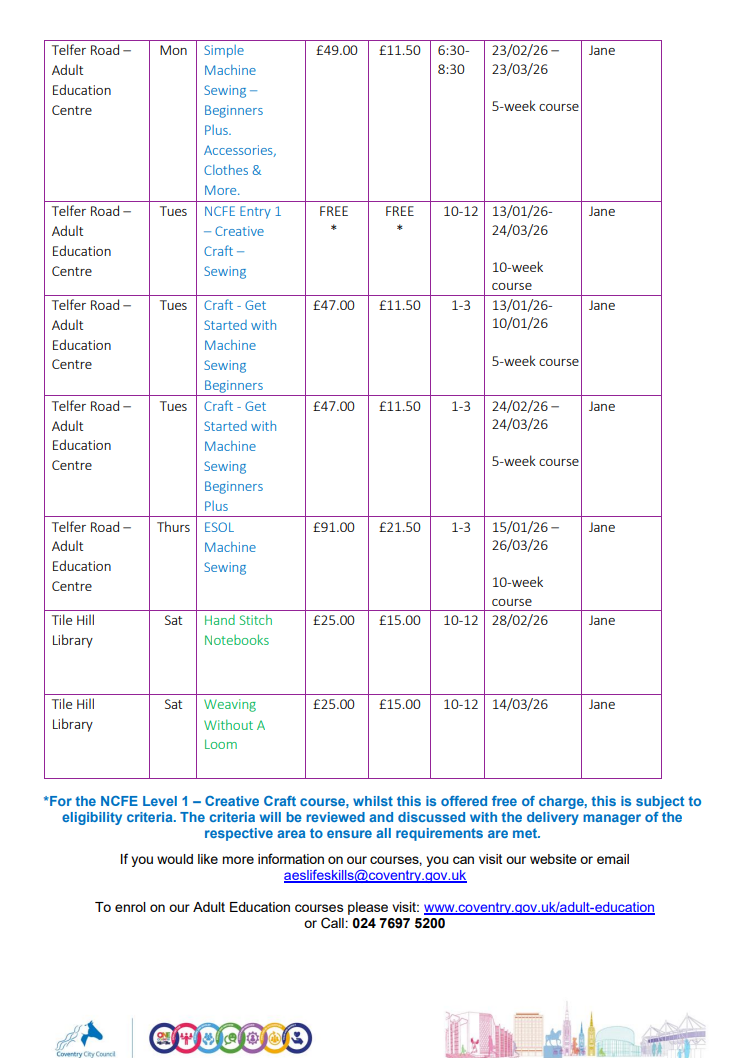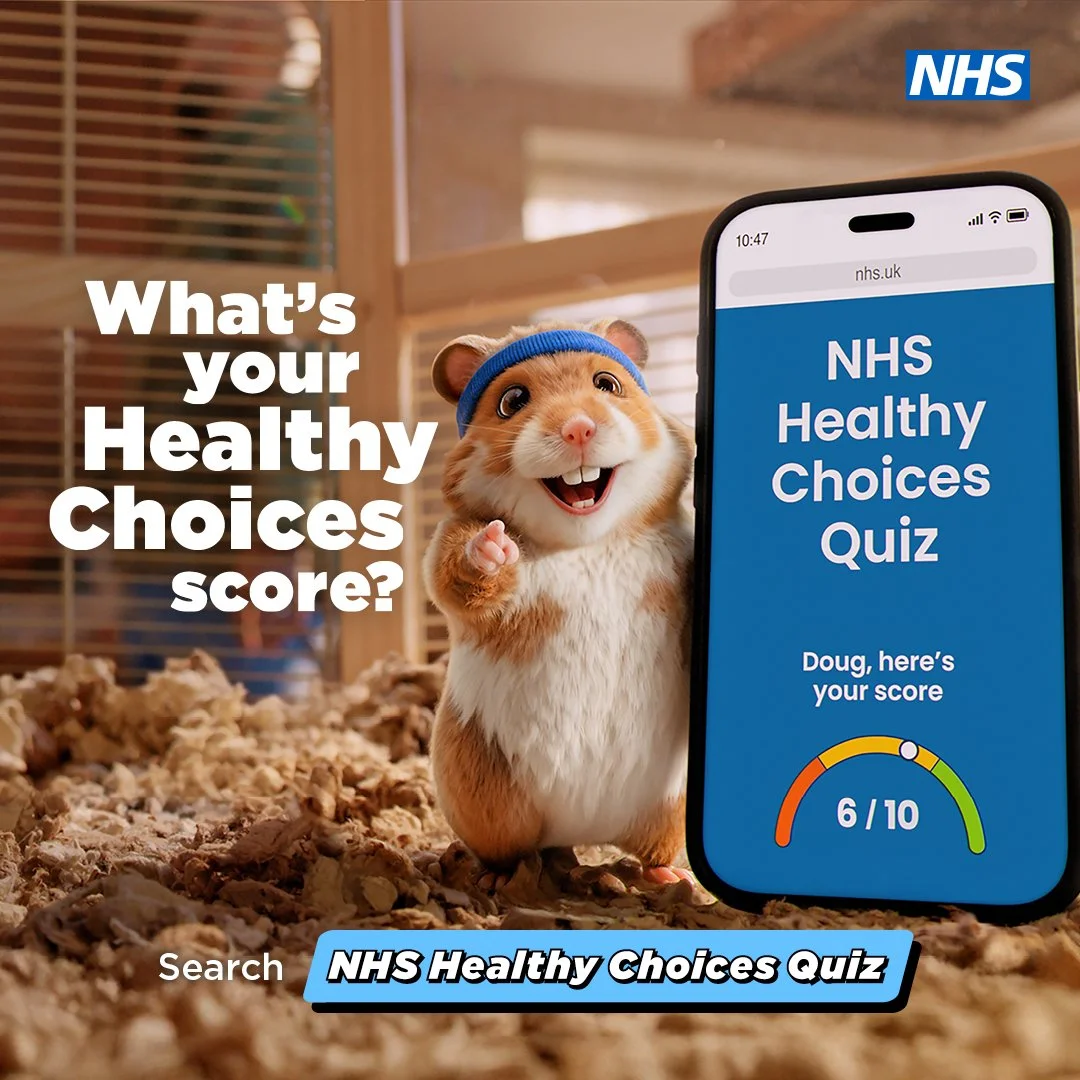Southam Ramblers would be delighted to meet you
They can offer:
A regular programme of fortnightly walks on Wednesday mornings throughout the year, mostly 4-6 miles long
6-8 evening walks in the summer, finishing at a local pub (optional)
Occasional longer walks, mostly in the Cotswolds
Other social gatherings, Christmas dinner, mulled wine walk, etc.
A warm welcome and good company
The first three walks are treated as ‘tasters’, and there is no charge. After three walks, they expect people to join The Ramblers, who charge a modest fee.
Most of the Southam Ramblers walks are in Warwickshire, but they also travel to Northamptonshire and Oxfordshire. They meet at the rear of Wood Street car park at 9.15am or 9.30am and share cars to the start of the walk. Alternatively, some people drive to the start.
If you let Richard know on 07969 960968 that you are joining them for a walk, they will look out for you, but you can just turn up.
Walks include a coffee stop, with the option of a pub lunch for those that want it at the end.
Children must be accompanied by a responsible adult. Sorry, no dogs except for assistance dogs. Suitable footwear, e.g. walking boots, must be worn, as walks are often muddy and cross uneven ground. All walks are listed on southamramblers.org.uk, with postings on Southam News & Views. Members receive updates by email and WhatsApp.


